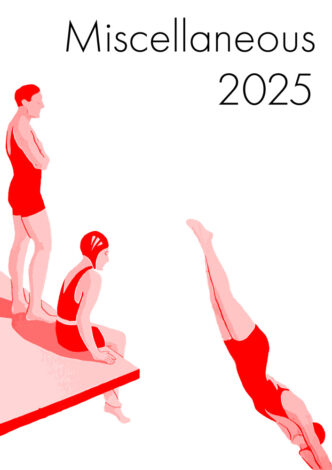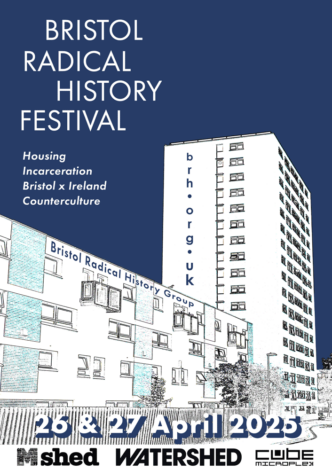Annie Townley (1878-1966)
Dedicated to working-women's rights and social justice
June Hannam will bring to life Annie’s remarkable journey from working-class Lancashire textile mill worker to employment as a Bristol-based organiser in the suffrage and labour movements. June Hannam is the author of the BRHG publication Annie Townley: A force for socialism and peace.



